The rising number of violent incidents notwithstanding, the trouble-hit Jammu and Kashmir Assembly Elections have started its brush with the electoral process after six years. The first phase of the five-phase election is over on November 25. The results will be declared on December 23. Unlike other States of India, members of the J&K assembly are elected for a six year term as opposed to the common five-year format. The term of the 87-member Jammu and Kashmir assembly ends on January 19. The ruling National Conference (NC) is facing an anti-incumbency factor. NC has been in power for 3 full terms, while the PDP and the Congress have enjoyed little, each having shared 3 years in power from 2002-08. The BJP has never been significant (despite considerable support in Jammu) J&K is divided into its three major geographic zones, Jammu, Ladakh and the Kashmir valley. The more populous Kashmir region bags 46, Jammu 37 and Ladakh only 3 seats. In the past 3 elections (1996, 2002, 2008), J&K has always given an anti-incumbency mandate. Among others, issues that have dominated the electoral process in the state are the self-rule or autonomy for J&K, militancy, presence of security forces. Issues like development, unemployment, education, electricity and water are also crucial. The issue of unemployment among the youth poses a big challenge for political parties.
From the factories exploiting children in the country’s biggest cities like Delhi and Mumbai to the hinterland of Odisha and Jharkhand where children are still illegally employed as bonded labourers, his organisation has rescued them in almost all parts of the country. He has advocated for stricter laws against child trafficking and labour and met with mixed success so far. While growing up, Satyarthi said he was concerned about the plight of child labourers around him and it finally prompted him to start an organised movement.
His early attempts to raid factories employing child labourers met with hostile reactions from the factory owners and at times the police but the significance of his work was slowly recognised. He also played an important role in the movement for Right to Education law for free compulsory education to children. Several prestigious awards have been conferred on him, including the Defenders of Democracy Award (2009-US), Medal of the Italian Senate (2007-Italy), Robert F Kennedy International Human Rights Award (USA) and Fredric Ebert International Human Rights Award (Germany) etc.
In August, while declaring the block allocation illegal, the court had remarked that they were done by an “ad-hoc and casual” approach “without application of mind” and without looking into aspects of “common good and public interest”. The allocations lacked “transparent procedure” resulting in “unfair distribution” of a “national wealth” – coal – “which is king and paramount Lord of industry”, the court had observed. The disputed coal block allocations to private companies were made on recommendations by a screening committee set up in 1992 to evaluate the merit of applications from such power-generating companies to run captive coal mines. The government companies were allocated coal blocks by the coal ministry through the government dispensation quota.
Shares of metal companies like Jindal Steel, Tata Steel, Usha Martin and Hindalco fell in the stock market soon after the court order. Prime Minister Narendra Modi in his first speech from Red Fort on Independence Day, announced that the government would replace the Planning Commission with a new body, bringing the curtains down on the 64-year old institution founded on the former Soviet Union’s command-style development model.
—Prashant Tewari, Editor-in-Chief







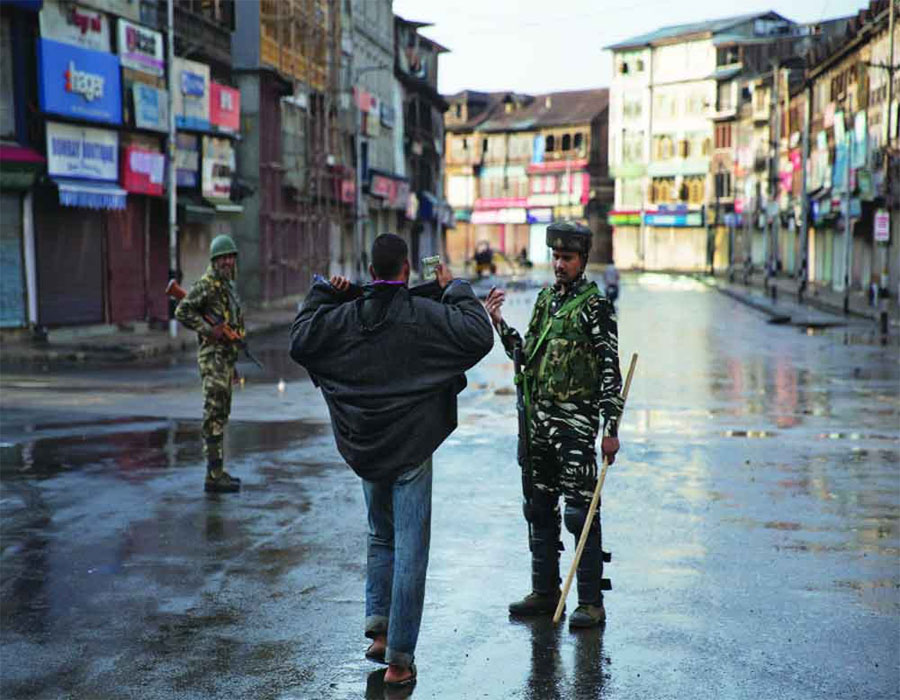
 OpinionExpress.In
OpinionExpress.In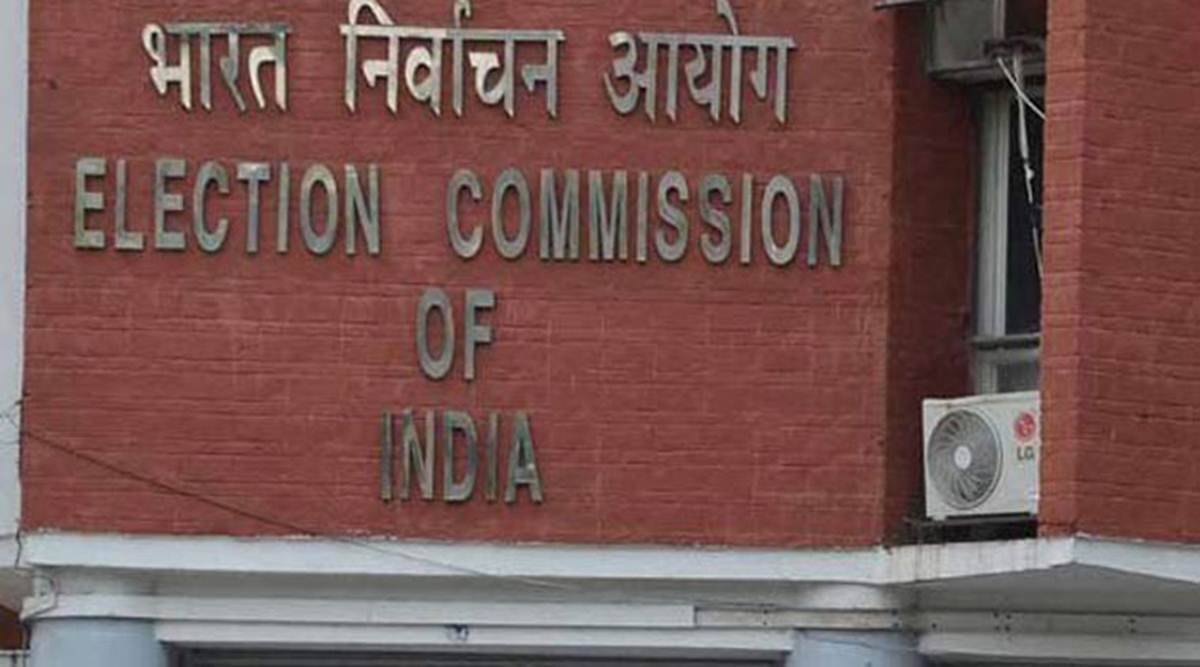
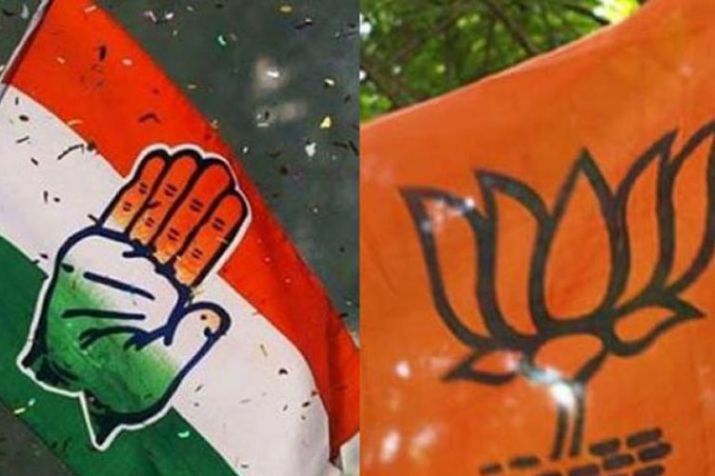
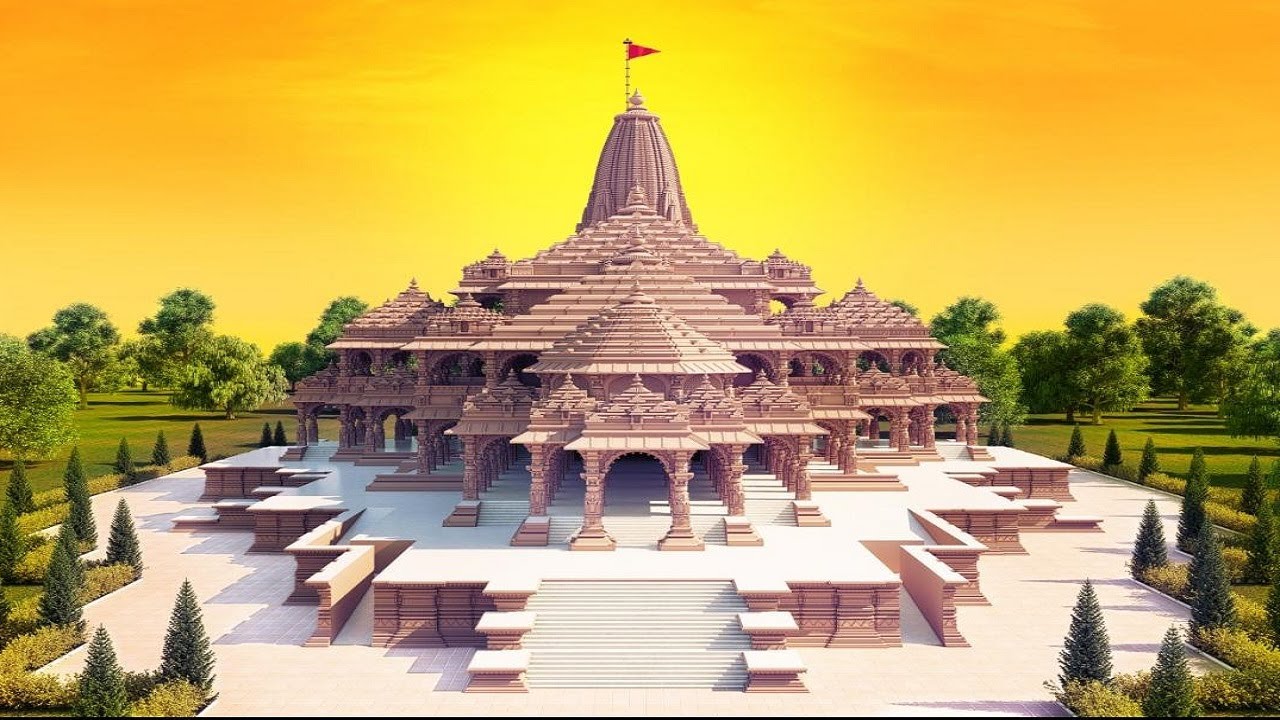
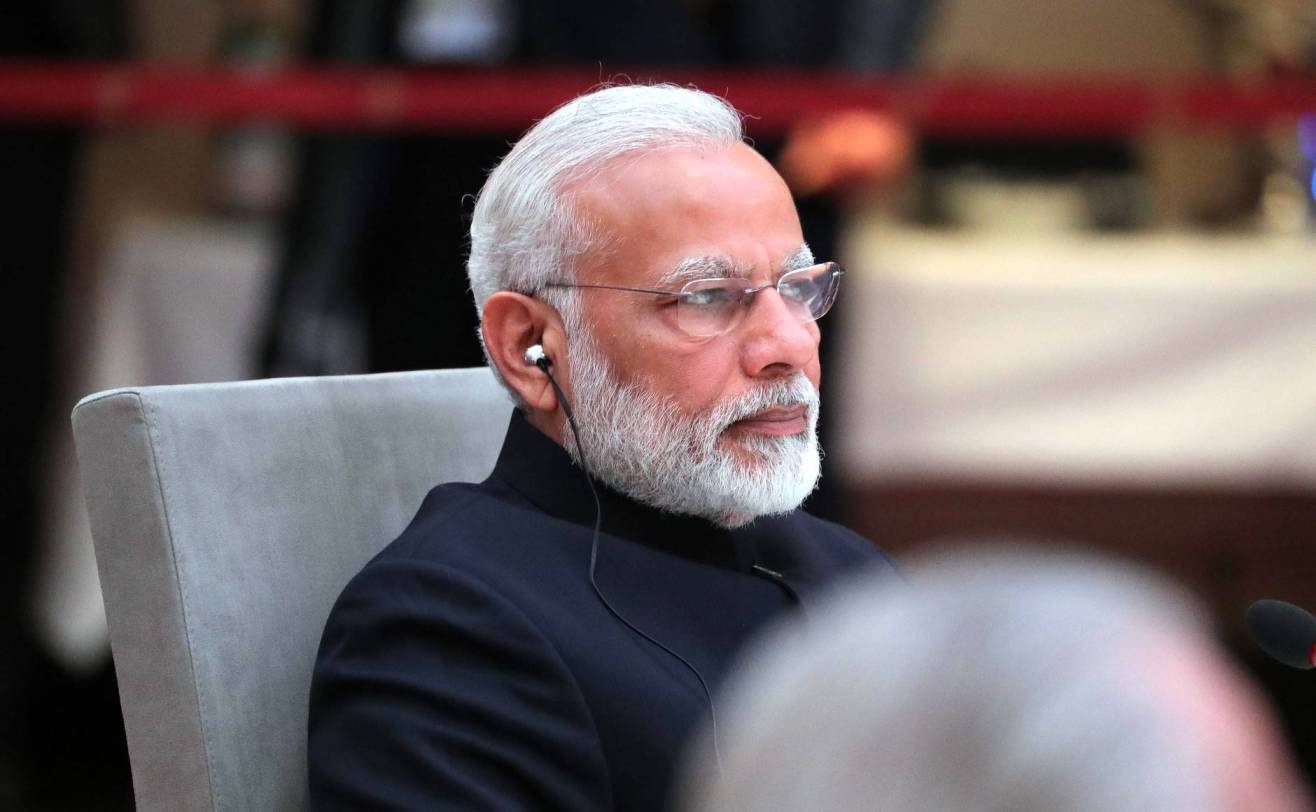

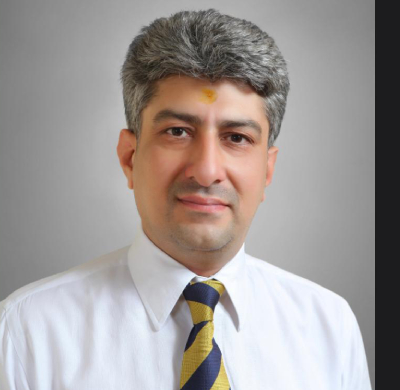
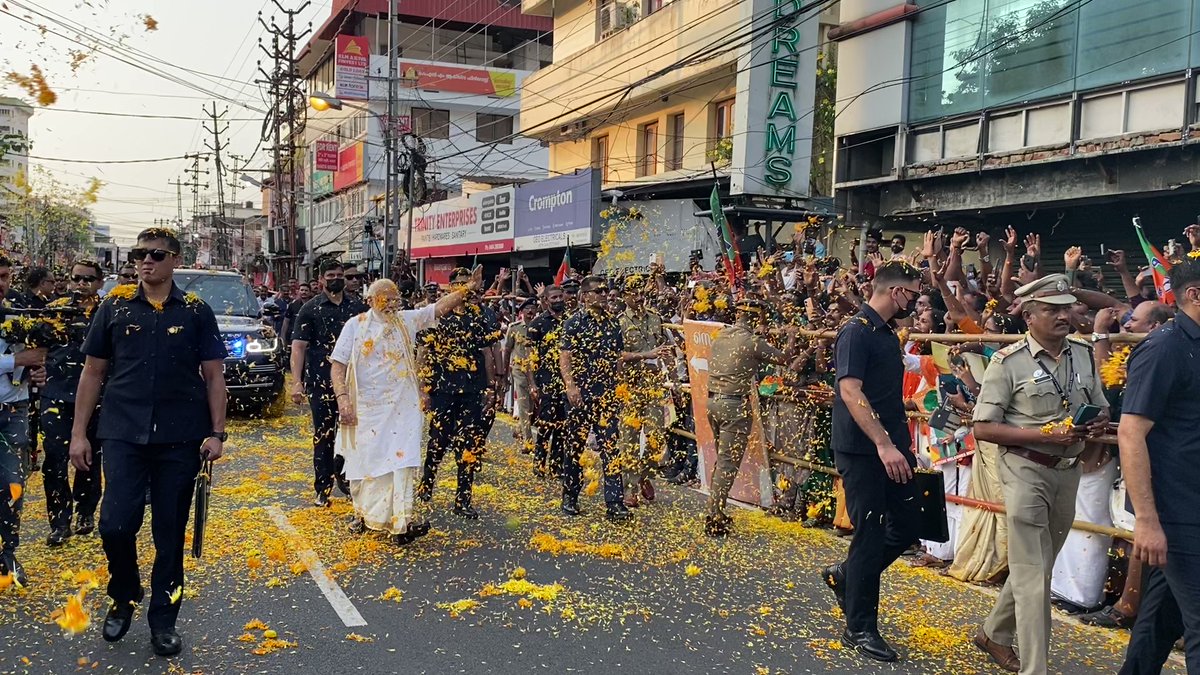
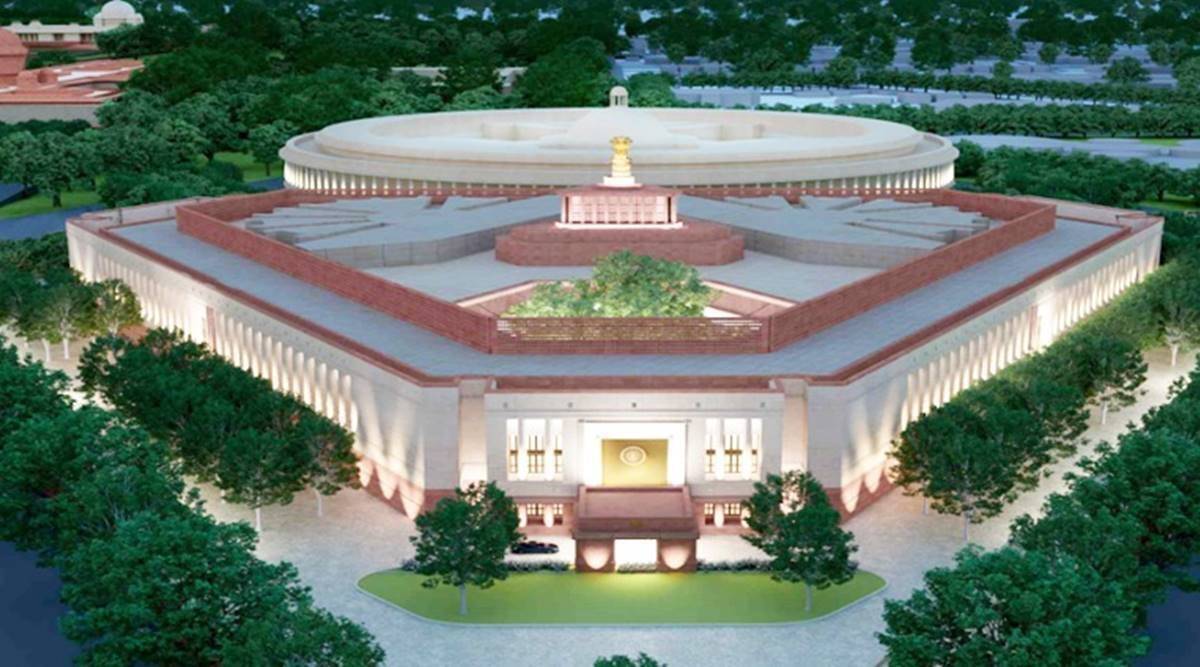

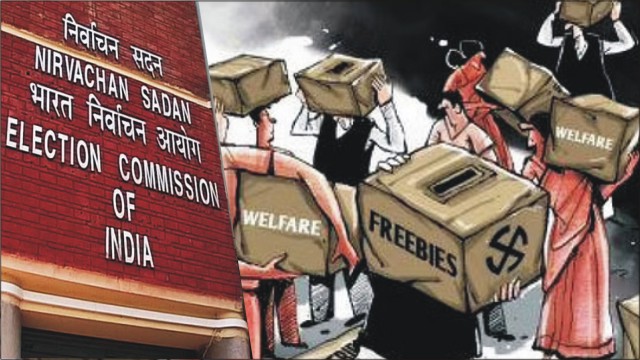






Comments (0)